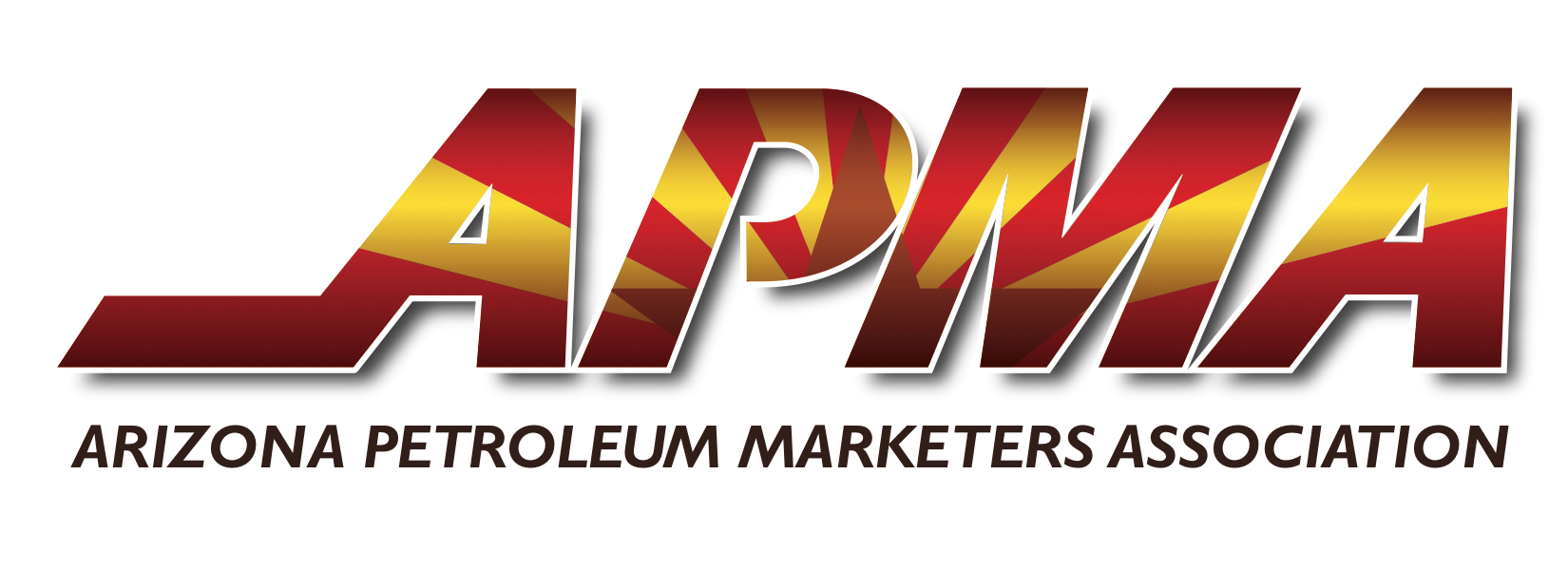APMA Joins Amicus Curiae Brief to US Supreme Court Challenging EPA’s Approval of California EV Policy
Last week, the Western States Petroleum Association, American Trucking Associations, National Federation of Independent Businesses, California Asphalt Pavement Association, along with 5 state petroleum marketers associations (including APMA) filed a brief asking the US Supreme Court to agree to hear a case challenging EPA’s approval of one of California’s electric vehicle policies.
Full brief is linked here. The California Fuel and Convenience Alliance (CFCA) drafted the very helpful summary below. Reproduced with permission.
The U.S. Supreme Court’s current session ends October 7 of this year, but one decision it has already made in Loper Bright Enterprises v. Gina Raimondo will have a huge impact on CFCA’s battle to rein in EPA’s misguided assault on traditional vehicles by handing off responsibilities to California.
Commonly called the Chevron deference, the decision upends the ability administrative agencies like the EPA have long relied on to increase their power and uphold onerous regulatory burdens. The timing is favorable as CFCA joins the fight with NACS, EMA, WSPA, and other coalition partners to petition the DC Circuit Court challenging the EPA’s regulation that would effectively ban most new cars and trucks in less than eight years.
The gripe the coalition has with the EPA is that when it is not burdening American commerce with its own overreach, it gives free passes (waivers) to California to extend its grasp even further. CFCA’s coalition partners are petitioning the U.S. Supreme Court over California’s attempt to mandate electric vehicle sales while Americans who do not drive EVs pick up the tab.
The EPA has approved a waiver of the Clean Air Act, allowing California to impose more stringent standards than federal standards. The consequences of this could not be higher. Once California receives a preemptive waiver (ACC 1), the Clean Air Act authorizes other states to opt-in to California’s standards without any further EPA approval. Already, 17 states representing approximately 40% of the automobile market have adopted the California standard.
Can California dictate national vehicle policy addressing global climate change by transforming the nation’s fleet from internal combustion engines to electric vehicles is a policy question with profound implications for the nation’s economy.
Our coalition rightly challenges the waiver, arguing in the petition, “Before granting a preemption waiver, EPA must find that California needs its own emission standards to meet compelling and extraordinary conditions.”
ACC 1 represents a fundamental shift in California seeking to use the Clean Air Act’s waiver process to regulate global climate change, rather than unique, local problems like Los Angeles smog, for which the waiver was never intended.
Replacing abundant domestic liquid transportation fuel with electric battery power affects the country’s energy independence and threatens national security by sharply increasing dependency on China and other foreign adversaries.
When Congress passes laws that are unclear and unspecific, it has been left to bureaucracies to fill in the blanks and, per the Chevron deference, for everyone to accept the finished product. Congress being more specific in the laws it passes is a desire of all branches of government. Similarly, Congress – not California – should be the entity making decisions on combating climate change.
“California’s ban on sales of new gas cars and trucks is clearly the inspiration behind this EPA policy,” said Cathy Reheis-Boyd, president of the Western States Petroleum Association, “Thankfully, Congress never empowered either to take vehicle choice away from U.S. consumers, which is why we’re challenging EPA’s rule in court.”
State and Industry News
• Petrochemicals Are Bringing Home the Gold (AFPM)
• With Primary Complete, November General Election Matchups Set (Chamber Business News)
• Chevron Moves Headquarters to Houston (NACS Daily)
• Canada’s Crude Oil Has an Increasingly Significant Rule in US Refineries (US EIA)
• Jacksons Food Stores Partners with Lula Commerce (NACS Daily)
• Balancing the Benefits of Biofuels: Economics of Crop-Based Fuel Production (Transportation Energy Institute)
• Love’s Donates $400,000 to United Way of Central Oklahoma (NACS Daily)
• EMA Weekly Review
